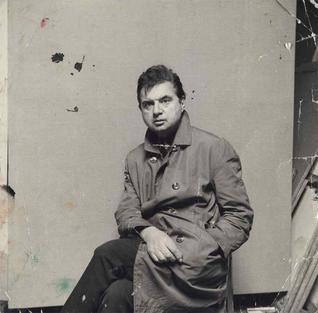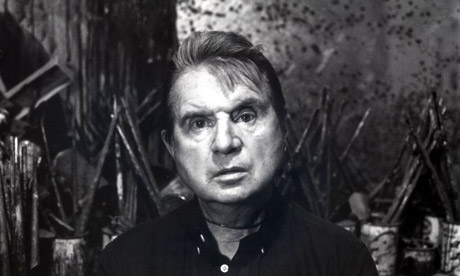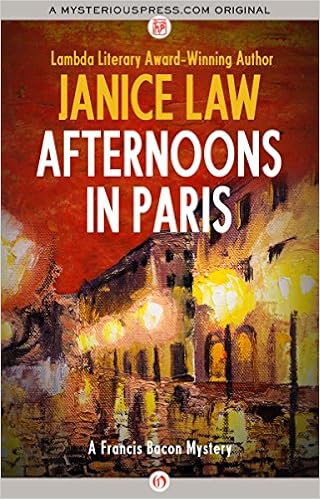I have my favorite places, too, but thinking about the topic, I realized that I have only rarely set mystery novels in them. My first detective, Anna Peters, hung out in Washington, D.C., a consequence of her remote inspiration in the Watergate hearings. At the time of the scandal, I was convinced on that some underpaid secretary knew a whole lot she wasn’t saying. I devised such a secretary and moved her to an oil company.
 |
| Anna Peters' early environment |
When Anna proved modestly popular, her speciality, white collar crime, kept her in big cities with only the occasional side trip to the sort of rural setting I really prefer. She had a visit to St. Andrews, Scotland, one of the world’s great good places, and got to Patagonia, Arizona, a favorite birding location, as well as to Trier, a shabby and historic burg whose Roman ruins caught my eye. But, basically, Anna was stuck in urban life – or well-heeled suburbs.
My second series character, Francis Bacon, the Anglo-Irish painter and bon vivant, was the urban man par excellence, and his city was London, whose light and ambiance encouraged good work. A serious asthmatic, he loathed the country and all its works. Animals made him sick and he thoroughly disliked them – despite the fact that two of his finest paintings depict a screaming baboon and a mastiff. He also did a fine African landscape, complete with elephant, but that did not reconcile him to any place without sidewalks.
 |
| Soho, Francis' favorite venue |
This inexplicable distaste for the natural world and its more attractive inhabitants was, along with his tin ear for music, the hardest thing about turning the real Bacon into my character. His rather gaudy sex life, his alcoholism, his genius were the merest bumps in the road compared to constructing a man who hated and feared dogs and found the rural landscape boring.
Perhaps in retaliation, my version of Bacon was frequently in difficulty in rural areas – no doubt confirming all his prejudices. He wound up on camel back in the wilds of Morocco, drove in terror down vertiginous French roads, and effected a rescue on horseback in Germany. His trials and tribulations culminated at a real English country house, his absolute least favorite venue, in his last (and final) outing, Mornings in London.
My own favorite landscape – the rolling woods and farmland of New York state and New England – have been reserved for stand alone, mostly contemporary, novels. Night Bus was set in a fictional town that drew from our village and the one next to it, while Voices went right back to my hometown in Dutchess County, where I am happy to say, the landscape of roughly fifty years earlier was waiting for me.
 |
| nearby rail to trail conversion |
And that brings me to one of the great pleasures of favorite and familiar landscapes and, indeed, of memory, which I can best illustrate with reference to the climax of Night Bus, which required a lonely cabin in the Adirondacks. I was in such a cabin only once, when I was 18, but unbeknownst to me, the neurons, which had forgotten so much else, remembered exactly what I needed, right down to how the water supply turned on. It was one of the weirdly satisfying moments in my writing life.
It is not often that the pulp fiction writer channels Proust, but the French master of memory was absolutely right about recapturing the past. He wrote that memory, in awakening the past, frees it and the remembering mind for a moment from time. Proust mentions sounds and, that most evocative and primitive of senses, smell, as triggering memory. It is the sound and smell and sight of our favorite places that so often bring us what we need as writers, not only the momentary setting but the weight and flavor of the past.
Do you have favorite literary places as either writer or reader?
 |
| Not all favorite places wind up in print |
![Mornings in London (The Francis Bacon Mysteries) by [Law, Janice]](https://images-na.ssl-images-amazon.com/images/I/51S2gBwOGgL.jpg)






 No, not that one, this one:
No, not that one, this one: 






















